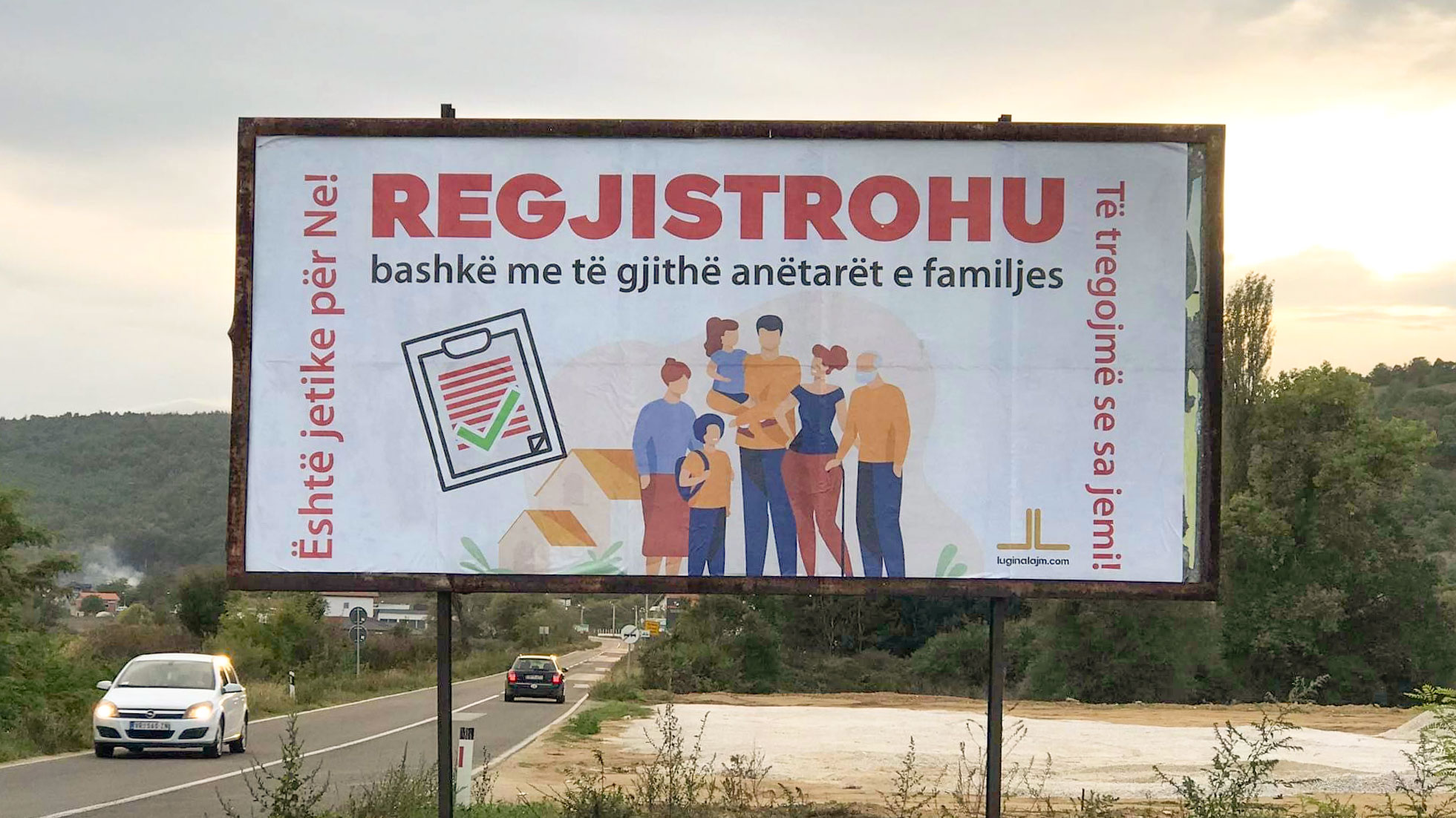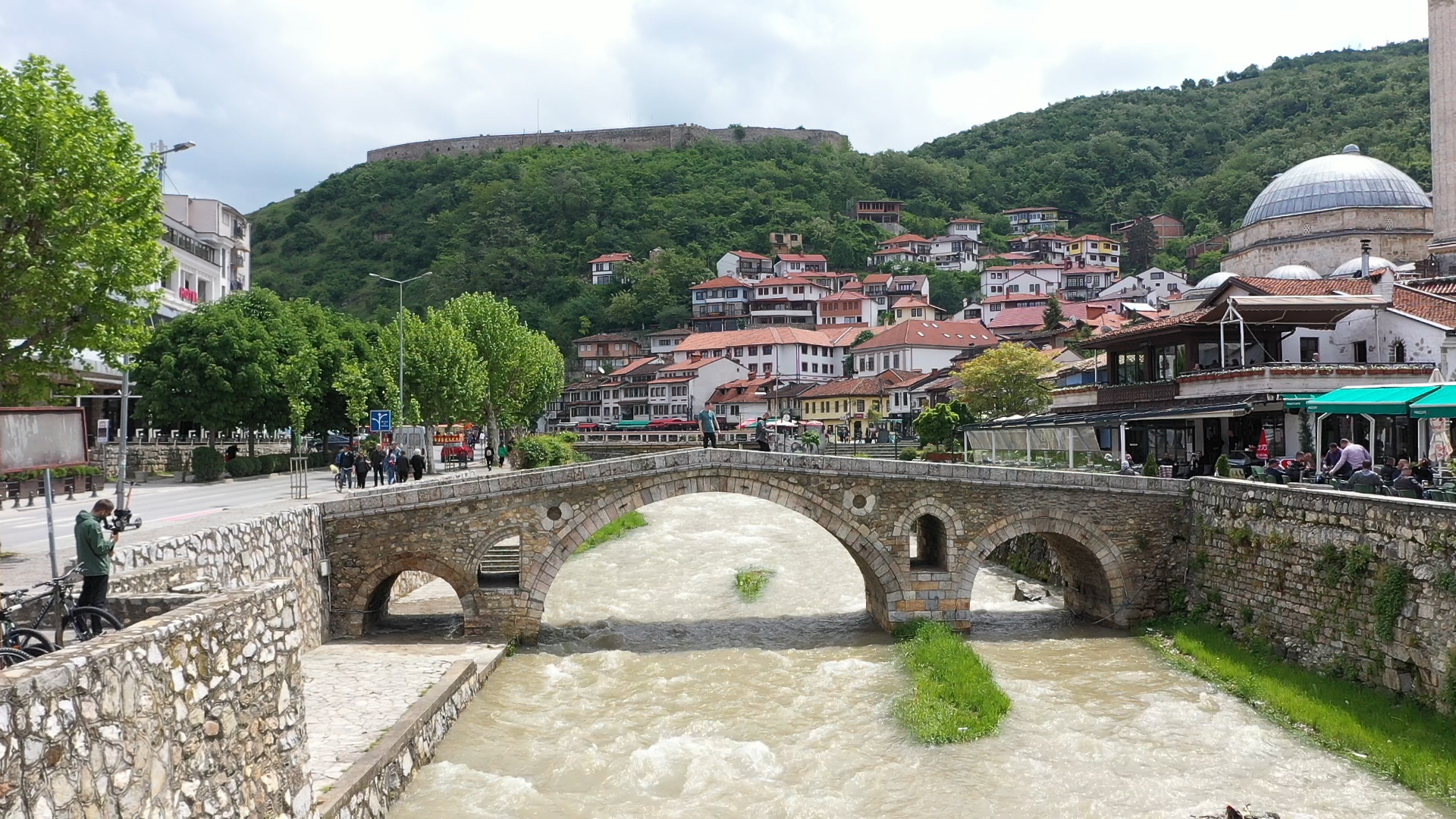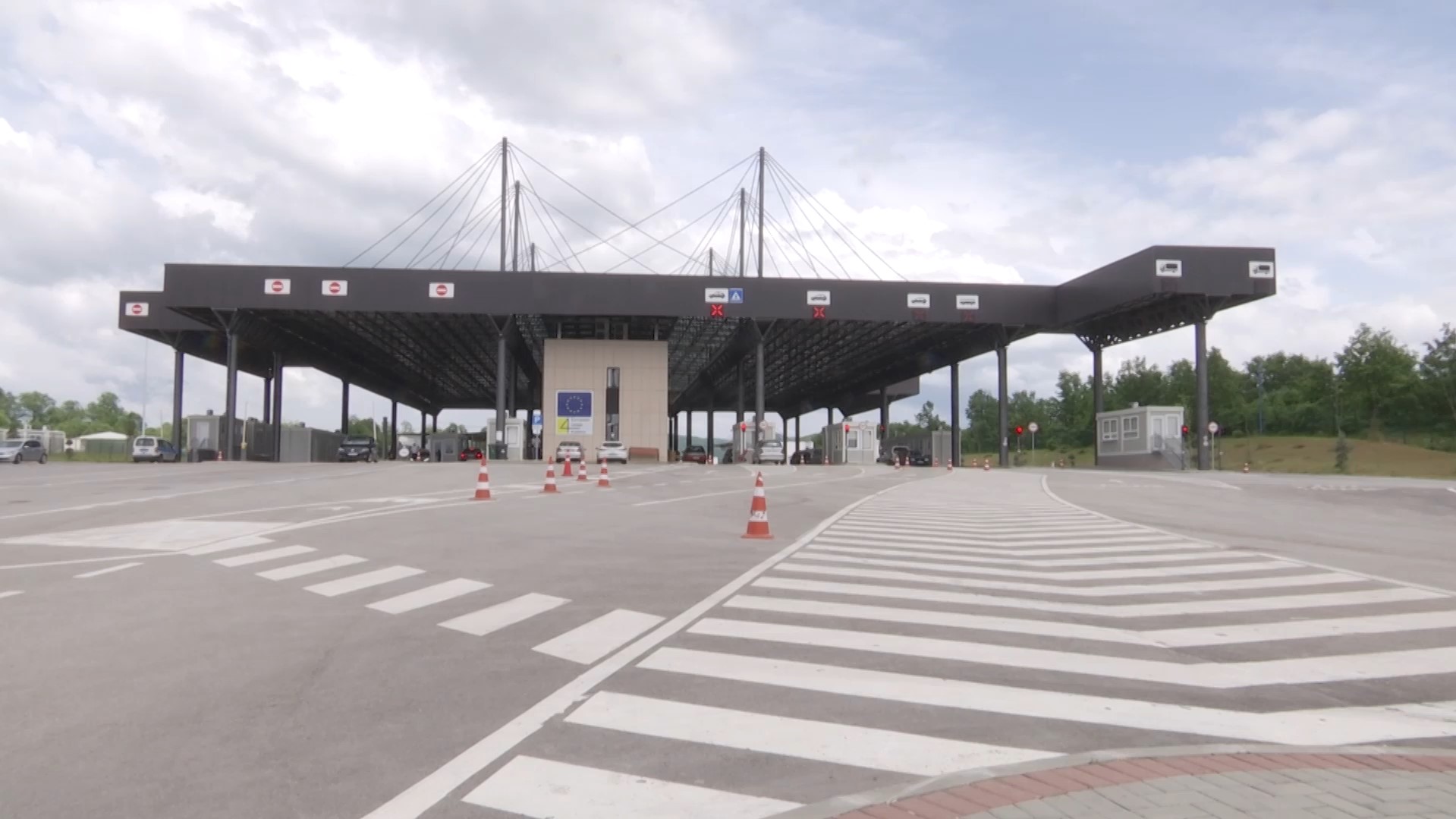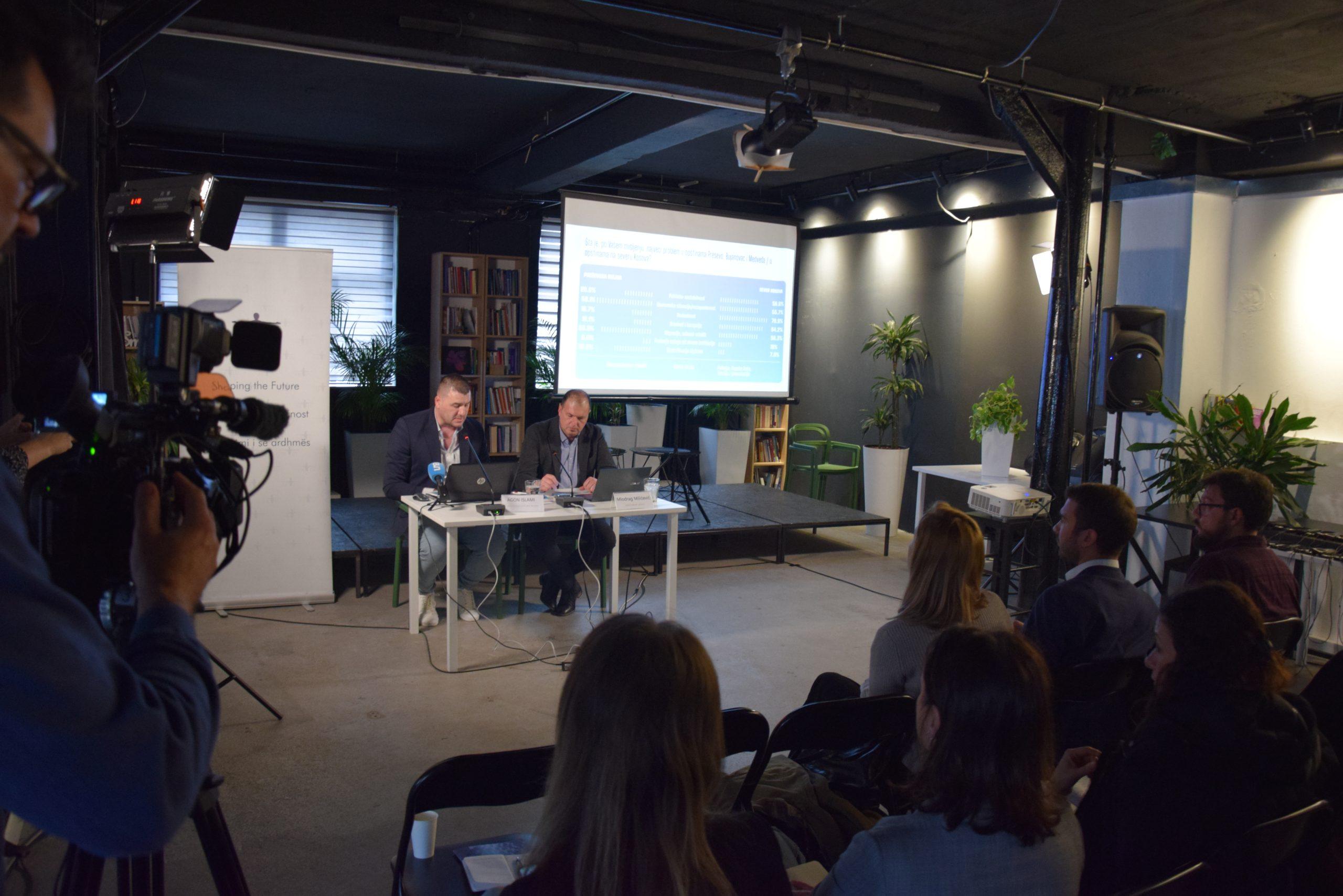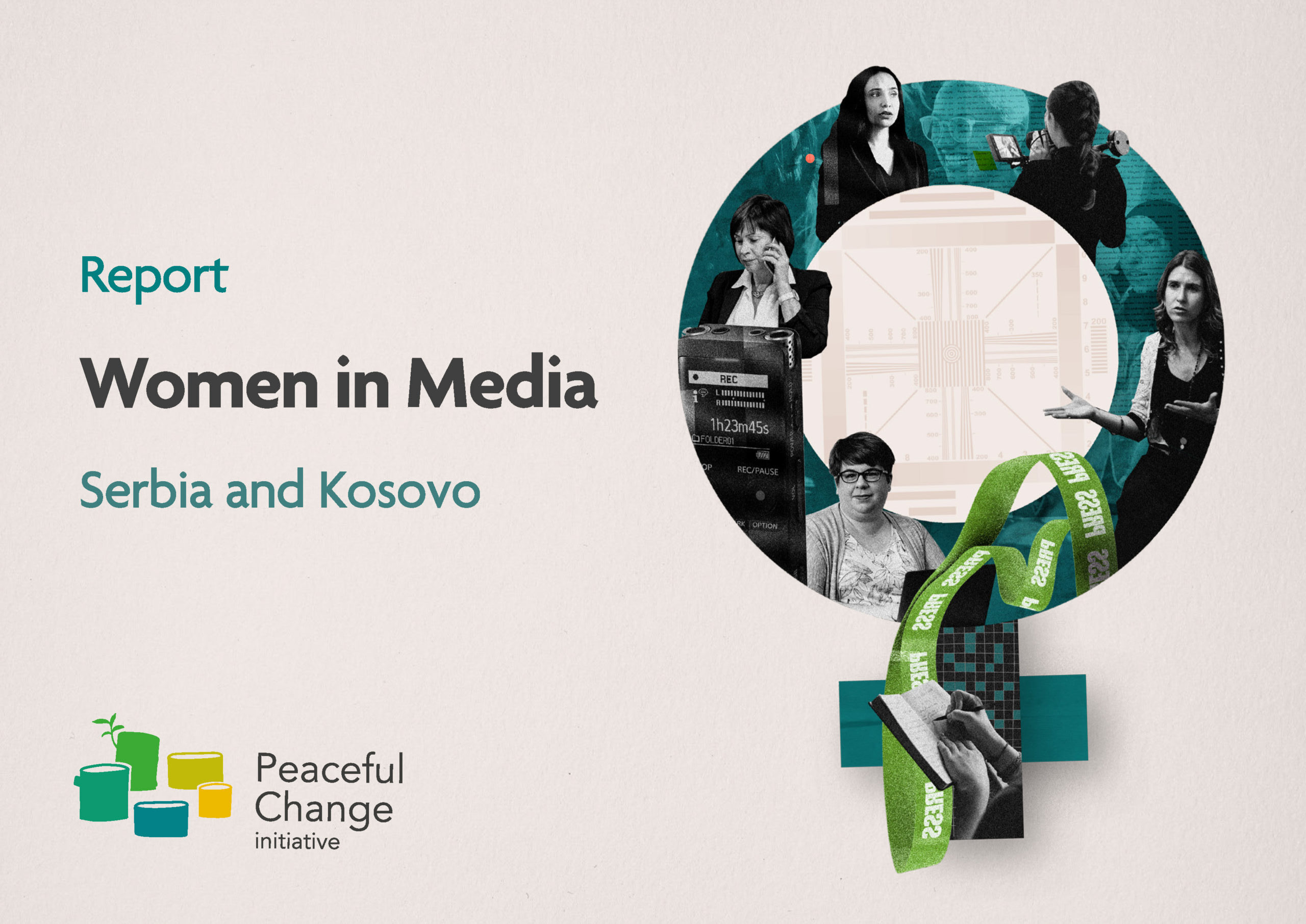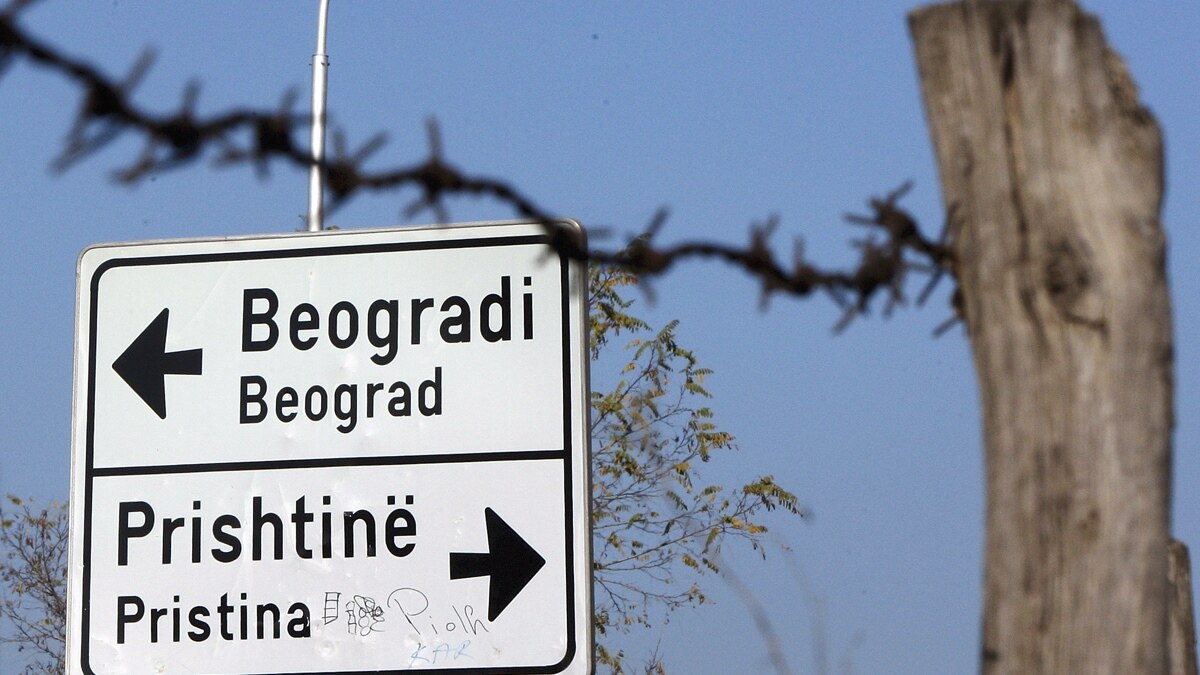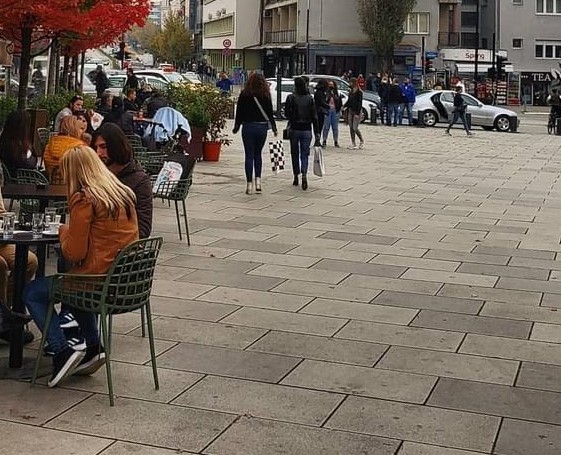
Peaceful Change initiative (PCi) – through the UK government funded project Amplifying Local Voices for Equitable Development (ALVED) – has focused on enhancing cooperation between scholars and researchers in Kosovo and Serbia on contemporary social, political, and economic topics. This initiative emphasizes the importance of academic partnerships and exchanges in knowledge production, collaborative research, and fostering mutual understanding, particularly in the context of peacebuilding.
The first phase of cooperation resulted in a comprehensive piece of research into the state of civil society in Kosovo and Serbia, undertaken jointly by the Universities of Pristina and Belgrade, entitled ‘The Landscape of Cross-Community Initiatives in Kosovo and South Serbia’. This research examines the state of civil society, the place of informal civic activism, and patterns of and prospects for cross-community initiatives in Kosovo and south Serbia, looking at the structure constraints and enabling factors behind the observed phenomena.
To consolidate such cooperation, PCi supported an academic fellowships program involving academic staff and PhD students from the Faculty of Philosophy, University of Prishtina, and the Faculty of Political Science, University of Belgrade. Academics were provided with stipends to support their individual research endeavours, whilst simultaneously integrating them into the faculties of the host institutions. The resulting research projects cover diverse topics such as gender and diversity, political representation, religion and identity, university reform, and civil society.
This fellowship resulted in the following research projects, further details about which are available by clicking here.
- Dr. Vjollca Krasniqi explored the engagement of universities in Southeast Europe with public issues, emphasizing the ‘third mission’ of universities regarding teaching, knowledge production, and social responsibility. The study investigated how universities respond to socio-economic challenges in order to identify best practices for community collaboration and knowledge co-creation.
- Dr. Jelena Lončar focused on gender-sensitive reforms in the Kosovo parliament. The research analyzed the processes and effects of gender-sensitive reforms, exploring critical actors, points of resistance, and incentives for change. The study contributes to the understanding of gender-sensitive parliamentary practices, especially in post-conflict societies like Kosovo.
- Dr. Nađa Bobičić compared leftist perspectives in Kosovo and Serbia from a feminist and queer standpoint by delving into how gender studies researchers and feminists define the ‘left’. The research also explored the praxis of civil society organizations, particularly in relation to care work, queer issues, and intergenerational feminism.
- Dr. Stefan Surlić examined the role of civil society organizations in Kosovo, particularly those representing the Serb community. The study argued that these organizations contribute to genuine citizen integration by promoting policies benefiting minority groups, whilst highlighting the challenges and resistance faced by civil society organizations in their efforts to engage with the Prishtina authorities.
- Lirije Palushi addressed gender and higher education in Kosovo and Serbia, investigating the representation of women academics. The study explored challenges women face in academia, examining qualitative and quantitative data to identify similarities and differences in the two societies.
- Dr. Marko Veković explored the intersection of religion and politics in post-conflict Kosovo, investigating how religious institutions and values influence politics and society, addressing questions about the impact of religion on political attitudes and preferences. The study combined survey data and interviews with clergy members to provide a comprehensive understanding of the role of religion in post-conflict Kosovo.
The latest iteration of cooperation focused on ensuring the respective universities are equipped with the skills and knowledge to thrive in a changing academic world. Through a collaboration with University College London’s School of Slavonic and East European Studies, academics from Belgrade and Pristina shared perspectives on a multitude of topics pertaining to knowledge production and management, with a view to strengthening their administrative structures to better equip them to confront the challenges facing academia in the contemporary age.
These various dimensions of partnership serve as a model for other forms of academic partnerships and collaborative research, especially in contexts where pre-existing relationships have been ruptured by war and issues arising from status disputes. By normalizing such forms of cooperation, the respective Universities are creating a precedent for other academic actors to establish partnerships that benefit not only individual researchers, but their respective institutions more broadly. Contemporary academia is grounded upon partnership and collaboration, without which institutions cannot compete for students and funding. Academia cannot exist in isolation.

